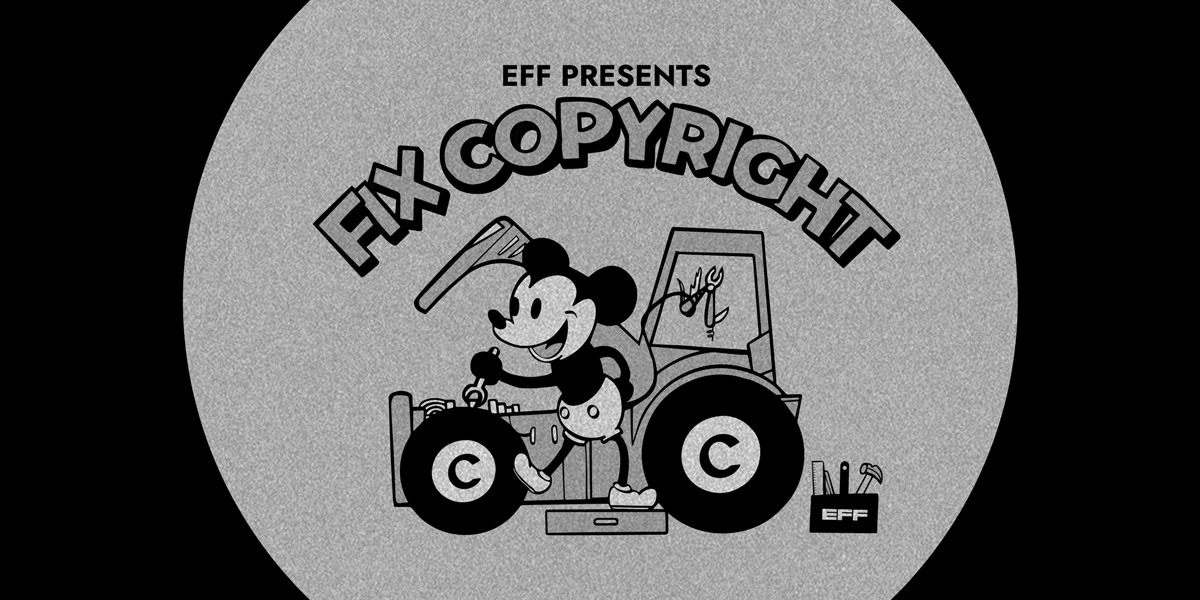If there is one axiom that we should want to be true about the internet, it should be: the internet never forgets. One of the advantages of our advancing technology is that information can be stored and shared more easily than ever before. And, even more crucially, it can be stored in multiple places.
Those who back things up and index information are critical to preserving a shared understanding of facts and history, because the powerful will always seek to influence the public’s perception of them. It can be as subtle as organizing a campaign to downrank articles about their misdeeds, or as unsubtle as removing previously available information about themselves.
This is often called “memory-holing,” after the incinerator chutes in George Orwell’s 1984 that burned any reference to the past that the government had changed. One prominent pre-internet example is Disney’s ongoing battle to remove Song of the South from public consciousness. (One can wonder if they might have succeeded if not for the internet). Instead of acknowledging mistakes, memory-holing allows powerful people, companies, and governments to pretend they never made the mistake in the first place.
It also allows those same actors to pretend that they haven’t made a change, and that a policy rule or definition has always been the same. This creates an impression of permanency where, historically, there was fluidity.
One of the fastest and easiest routes to the memory hole is a copyright claim. One particularly egregious practice is when a piece of media that is critical of someone, or just embarrassing to them, is copied and backdated. Then, that person or their agent claims their copy is the “original” and that the real article is “infringement.” Once the real article is removed, the copy is also disappeared and legitimate speech vanishes.
Another frequent tactic is to claim copyright infringement when someone’s own words, images, or websites are used against them, despite it being fair use. A recent example is reporter Marisa Kabas receiving a takedown notice for sharing a screenshot of a politician’s campaign website that showed him with his cousin, alleged UHC shooter Luigi Mangione. The screenshot was removed out of an abundance of caution, but proof of something newsworthy should not be so easy to disappear. And it wasn’t. The politician’s website was changed to remove the picture, but a copy of the website before the change is preserved via the Internet Archive’s Wayback Machine.
In fact, the Wayback Machine is one of the best tools people have to fight memory-holing. Changing your own website is the first step to making embarrassing facts disappear, but the Wayback Machine preserves earlier versions. Some seek to use copyright to have entire websites blocked or taken down, and once again the Wayback Machine preserves what once was.
This isn’t to say that everyone should be judged by their worst day, immortalized on the internet forever. It is to say that tools to remove those things will, ultimately, be of more use to the powerful than the everyday person. Copyright does not let you disappear bad news about yourself. Because the internet never forgets.



